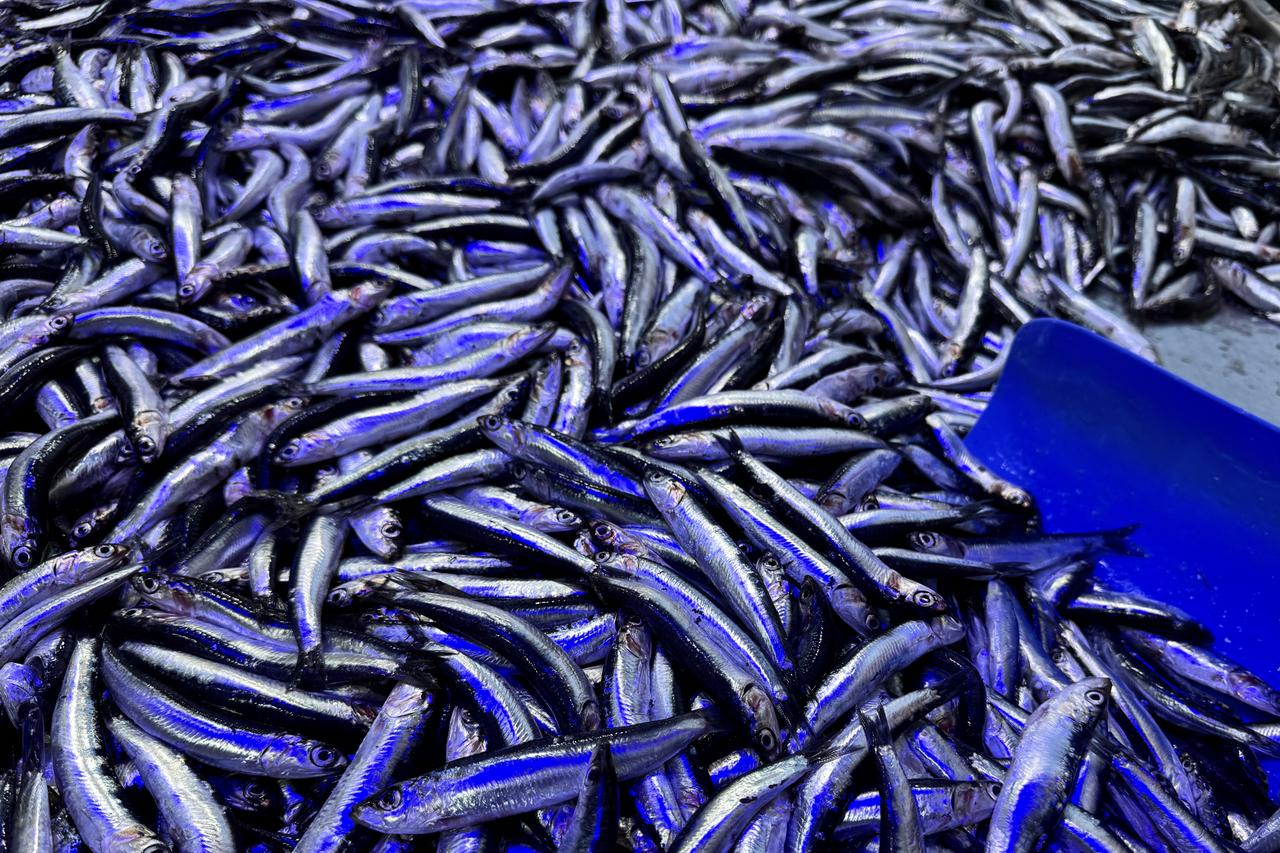
The future of the Black Sea anchovy is under threat due to overfishing and inconsistent conservation efforts among coastal countries, experts warn. While Türkiye has implemented strict regulations to protect anchovy stocks, other nations bordering the Black Sea have not followed the same standards, putting the region’s fish populations at risk.
Prof. Dr. Osman Samsun, Head of the Fishing Technology Department at Sinop University’s Faculty of Fisheries, highlighted the importance of coordinated action. Speaking to Anadolu Agency (AA), he said that anchovy catches have declined compared to previous years, prompting efforts to restore healthy populations in the Black Sea.
At the heart of Türkiye’s strategy is a quota system for anchovy fishing, along with consistent monitoring and enforcement to ensure compliance. Turkish fishers, equipped with advanced technology and following strict size regulations — do not catch anchovies smaller than 9 centimeters — have become increasingly responsible and conscious in their practices.
Samsun pointed out that anchovies not caught along Türkiye’s coasts often migrate to neighboring countries such as Georgia, where they are harvested at 5-6 centimeters for fish meal, oil production, or poultry feed. “Institutional structures in these countries are not as developed, and these practices negatively impact anchovy stocks,” he said.
Samsun stressed that Türkiye cannot protect anchovy stocks alone. He called for all six Black Sea coastal countries — Bulgaria, Romania, Ukraine, Moldova, Russia, and Georgia — to implement joint policies and shared conservation measures.
“This issue is regularly raised during Black Sea Economic Cooperation meetings,” he added. “Our diplomats and scientists provide evidence-based research to other countries, but diplomacy takes time. If all states adopt a common policy for all Black Sea fish species, we can ensure that anchovies are preserved for future generations.”